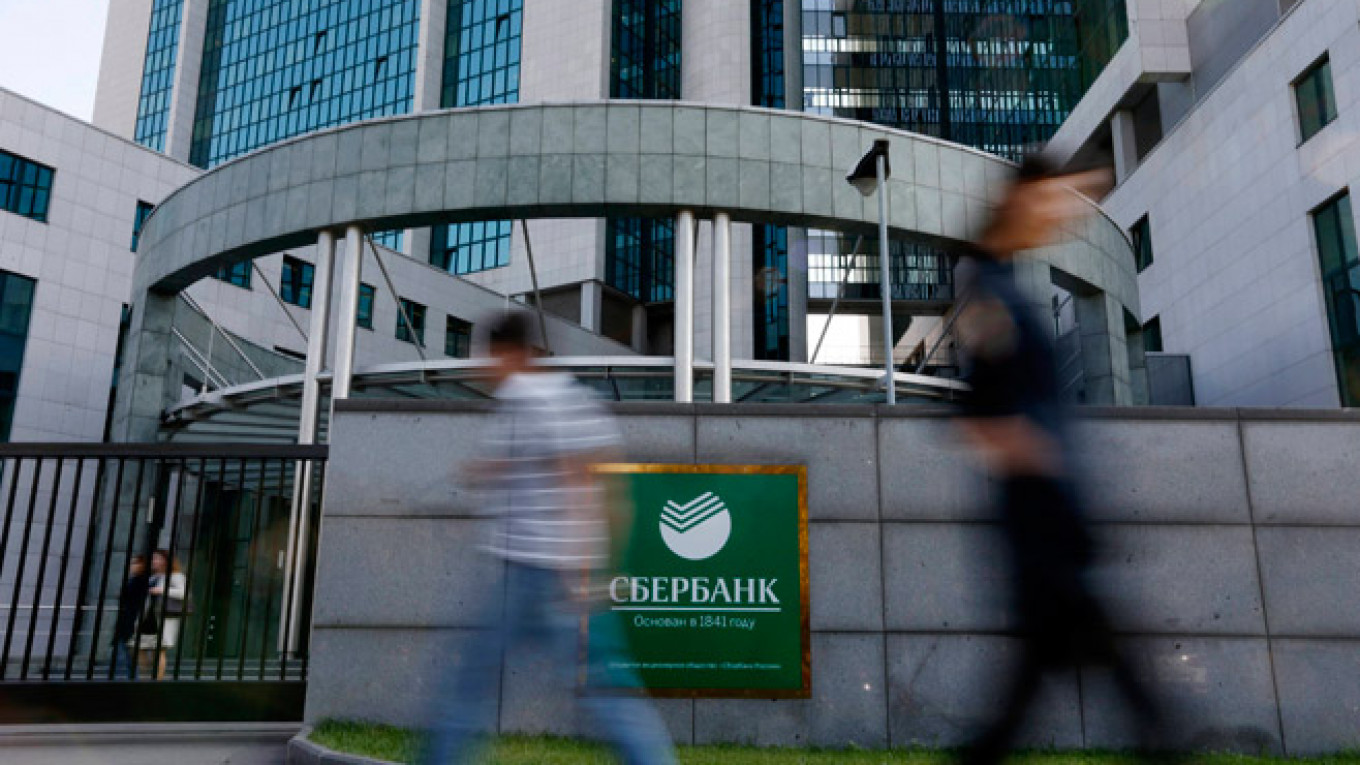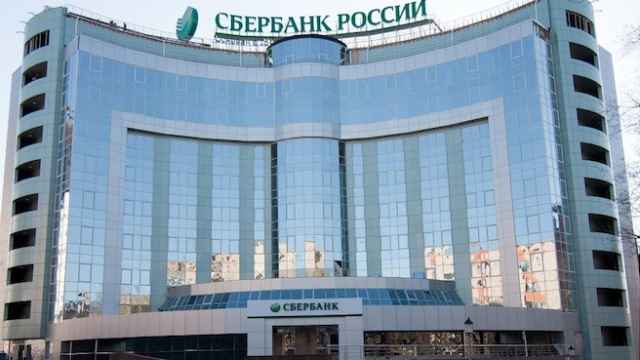Top fund managers at private equity outfits working in Russia said Wednesday that tensions between Moscow and the West have badly hit their ability to raise money abroad and will restrict their operations for years.
Private equity deals in Russia have contracted sharply since the beginning of 2014, as the European Union and the United States imposed sanctions on the Kremlin over the annexation of the southern Ukrainian region of Crimea in March and its role in the escalation of armed conflict in eastern Ukraine.
"We had to scrap all our fundraising plans after the [Winter] Olympics," said Andrei Yakunin, the son of Russian Railways chief Vladimir Yakunin and a partner in private equity services firm VIYM.
"2014 is lost, and 2015 is effectively lost. The question is who will be left standing in 2016," he told The Moscow Times on the sidelines of a private equity conference in Moscow.
Private equity firms have invested just $35 million in Russia over the course of this year, compared to $295 million in 2013 and $1.6 billion in 2011, according to data from the Emerging Markets Private Equity Association.
While private equity has a relatively small presence in Russia compared with other emerging markets, it has been known for generating high profits.
Fund managers at the conference said that it was getting harder to attract capital from European and U.S. investors, who are deeply concerned about political risk in Russia, and they expressed pessimism about the likelihood of the situation improving in the short term.
"We are on the threshold of a very difficult two to three year period," said Vladimir Andrienko, managing director of Russia Partners, a private equity firm with over $1 billion under management in Russia and other former Soviet countries.
Other speakers echoed the sentiment.
"We think the bad news for [Russian] companies has only just begun," said Alexander Savin, a partner at Elbrus Capital, which advises private equity funds.
The growing conflict between Russia and the West over Ukraine has derailed a number of prominent private equity deals in recent months.
DMC Partners, a vehicle set up by a trio of Goldman Sachs bankers, abandoned efforts to raise $2 billion for a Russian investment venture over the summer as the situation in eastern Ukraine deteriorated, the Financial Times reported earlier this month.
And in July, the European Bank of Reconstruction and Development, which has kickstarted many Russian private equity groups, said that it was freezing all new projects in Russia following international condemnation of Moscow's alleged role in the downing of a Malaysian passenger jet over eastern Ukraine.
While admitting the scale of the current crisis, fund managers at the conference also said that investment from Asia could gradually replace European and U.S. money — and stressed that some opportunities still remained.
"You shouldn't underestimate the sovereign wealth funds and the high net worth individuals," said Yakunin, the VIYM partner, who maintained that there was too much reliance on traditional, western institutional investors.
Michael Calvey, a founder of Baring Vostok Capital Partners, Russia's most successful private equity firm, said the era of easy money in Russia was at an end — but said profits could still be made if investors looked hard for successful businesses and focused less on more general political risks.
"Our instinct is to continue investing when all the investors around us are scared," Calvey said.
Contact the author at [email protected]
A Message from The Moscow Times:
Dear readers,
We are facing unprecedented challenges. Russia's Prosecutor General's Office has designated The Moscow Times as an "undesirable" organization, criminalizing our work and putting our staff at risk of prosecution. This follows our earlier unjust labeling as a "foreign agent."
These actions are direct attempts to silence independent journalism in Russia. The authorities claim our work "discredits the decisions of the Russian leadership." We see things differently: we strive to provide accurate, unbiased reporting on Russia.
We, the journalists of The Moscow Times, refuse to be silenced. But to continue our work, we need your help.
Your support, no matter how small, makes a world of difference. If you can, please support us monthly starting from just $2. It's quick to set up, and every contribution makes a significant impact.
By supporting The Moscow Times, you're defending open, independent journalism in the face of repression. Thank you for standing with us.
Remind me later.







